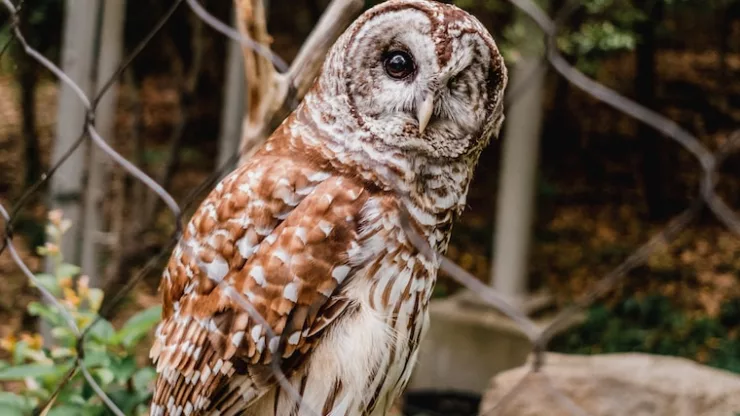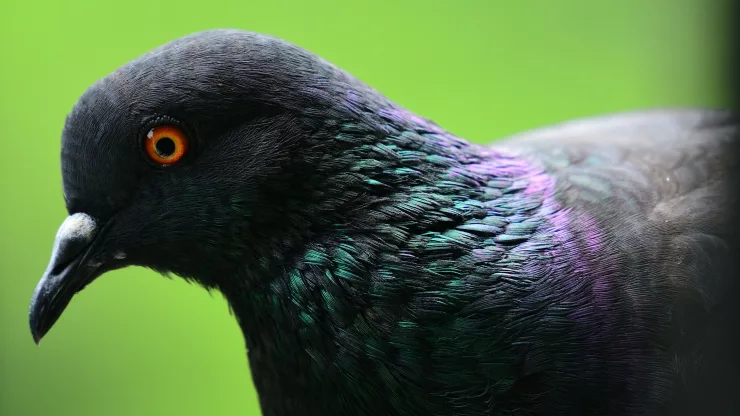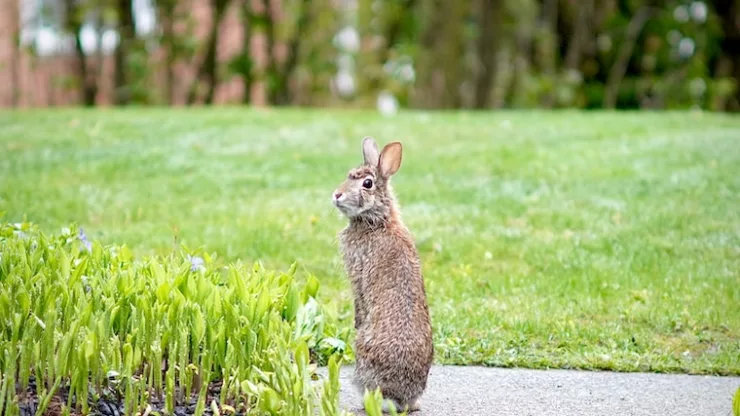The Surprising Link between Urban Wildlife and Mental Health
In the hustle and bustle of city life, it’s easy to feel disconnected from nature.
However, recent research suggests that urban wildlife can have a positive impact on our mental health.
From birdsong to squirrels, the animals that share our urban spaces can offer a vital connection to the natural world and help us feel more grounded and in touch with our surroundings.
While many of us may not have considered the connection between urban wildlife and mental health before, it’s becoming increasingly clear that this is an important area of study.
By understanding the ways in which animals impact our well-being, we can learn to appreciate them in a new light and even find ways to support them in our urban environments.
Jump to Section
How Urban Wildlife Benefits Our Mental Health
There are many ways in which urban wildlife can benefit our mental health. Some of the key benefits include:
- Stress relief: Spending time in nature has been shown to reduce stress levels and promote feelings of calmness and relaxation. Urban wildlife can provide a much-needed break from the hustle and bustle of city life and help us feel more grounded and centered.
- Increased attention span: Research has suggested that exposure to natural environments can improve our ability to concentrate and pay attention. Watching birds or other wildlife in an urban setting can help us tune out distractions and focus on the present moment.
- Boosted mood: Simply seeing animals in our surroundings can boost our mood and make us feel happier and more content. This is especially true for those who may not have regular access to natural environments.
The Challenges of Living with Urban Wildlife
While there are many benefits to having urban wildlife in our surroundings, there are also challenges associated with living alongside these animals. Some of the key challenges include:
- Noise pollution: Birdsong and other animal sounds can be soothing, but they can also be disruptive to those who need quiet to work or relax.
- Property damage: Urban wildlife such as squirrels and raccoons can cause damage to buildings, gardens, and other property.
- Safety concerns: Some animals, such as rats, can carry diseases that can be harmful to humans. Others, such as coyotes or bears, may pose a physical threat.
Simple Ways to Embrace Urban Wildlife and Boost Mental Health
If you’re interested in embracing urban wildlife and reaping the mental health benefits that they offer, there are many simple steps that you can take.
Some ideas include:
- Birdwatching: Set up a bird feeder or simply spend some time watching the birds in your surroundings. You may be surprised at how soothing and calming this can be.
- Nature walks: Take a walk in a local park or nature reserve to get some fresh air and connect with the natural world.
- Community involvement: Join a local conservation group or volunteer with a wildlife rescue organization to help support local wildlife populations.
FAQ
How can I deal with noise from urban wildlife like birds or squirrels?
There are several ways to deal with noise from urban wildlife, including:
- Using earplugs or noise-canceling headphones to block out sounds.
- Installing soundproofing materials in your home or office.
- Moving to a location that is less impacted by animal noise.
How can I prevent property damage from urban wildlife?
To prevent property damage from urban wildlife, consider the following:
- Seal off any potential entry points to your home or building.
- Use animal-proof trash cans and compost bins to prevent animals from scavenging.
- Remove any potential food sources from your garden or outdoor space.
Is it safe to interact with urban wildlife?
While many animals are harmless and even beneficial to humans, it’s important to exercise caution when interacting with any wild animal.
Avoid approaching or feeding animals, and be sure to keep a safe distance at all times.
If you encounter an injured or sick animal, contact a local wildlife rescue organization for assistance.
Urban wildlife may seem like an unlikely source of mental health benefits, but as research continues to show, these animals offer a vital connection to the natural world that can help us feel more grounded and centered.
By taking simple steps to embrace urban wildlife, we can improve our well-being and connect with the world around us in new and meaningful ways.
I’m a nature enthusiast and creator of Metro Wilds and have spent years exploring the great outdoors.
With a passion for environmental conservation and sustainability, I have dedicated my career to writing about the beauty and wonders of nature, as well as the threats facing our planet.
Contact me at [email protected] for assistance.





